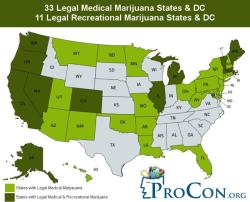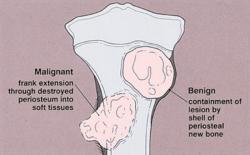Does green tea really reduce the risk of cancer?
The potential role of green tea in reducing the risk of cancer has been a subject of scientific research, and while there is some evidence to suggest that certain compounds in green tea may have anti-cancer properties, the overall impact on cancer risk reduction is not entirely clear-cut. It's important to separate fact from fiction and understand the current state of scientific knowledge on this topic:
What the Research Suggests:
Antioxidants: Green tea contains a group of bioactive compounds called polyphenols, particularly catechins like epigallocatechin gallate (EGCG). These antioxidants have been shown to have potential anti-cancer properties in laboratory studies.
Cell Studies: In laboratory studies and animal models, some of the compounds in green tea have demonstrated the ability to inhibit the growth of cancer cells, reduce inflammation, and protect against DNA damage, which are factors associated with cancer development.
Observational Studies: Some observational studies have suggested a potential link between regular green tea consumption and a reduced risk of certain types of cancer, including breast, prostate, and colorectal cancer. However, the findings are not consistent across all studies, and more research is needed to establish a clear cause-and-effect relationship.
Important Considerations:
Dose and Duration: The specific dosage and duration of green tea consumption required for cancer risk reduction are not well-defined. The amount of active compounds in green tea can vary, and the optimal intake may vary from person to person.
Individual Variation: Cancer risk is influenced by a complex interplay of factors, including genetics, overall diet, lifestyle, and environmental exposures. Green tea should not be seen as a standalone solution for cancer prevention.
Human Clinical Trials: While there is promising evidence from laboratory and animal studies, more high-quality human clinical trials are needed to definitively determine the potential benefits of green tea in reducing cancer risk.
Overall Lifestyle: A balanced and varied diet, regular physical activity, and avoidance of tobacco and excessive alcohol consumption are essential components of an overall healthy lifestyle that can help reduce cancer risk.
In summary, the potential cancer-preventive benefits of green tea are still an area of ongoing research, and the evidence is not yet conclusive. While there are plausible mechanisms by which green tea compounds could contribute to cancer risk reduction, it's essential to approach this topic with a nuanced perspective. If you enjoy green tea, it can be part of a balanced diet, but it should not replace other well-established cancer prevention strategies recommended by healthcare professionals. If you have specific concerns about cancer risk, it's advisable to consult with a healthcare provider for personalized guidance and recommendations.













